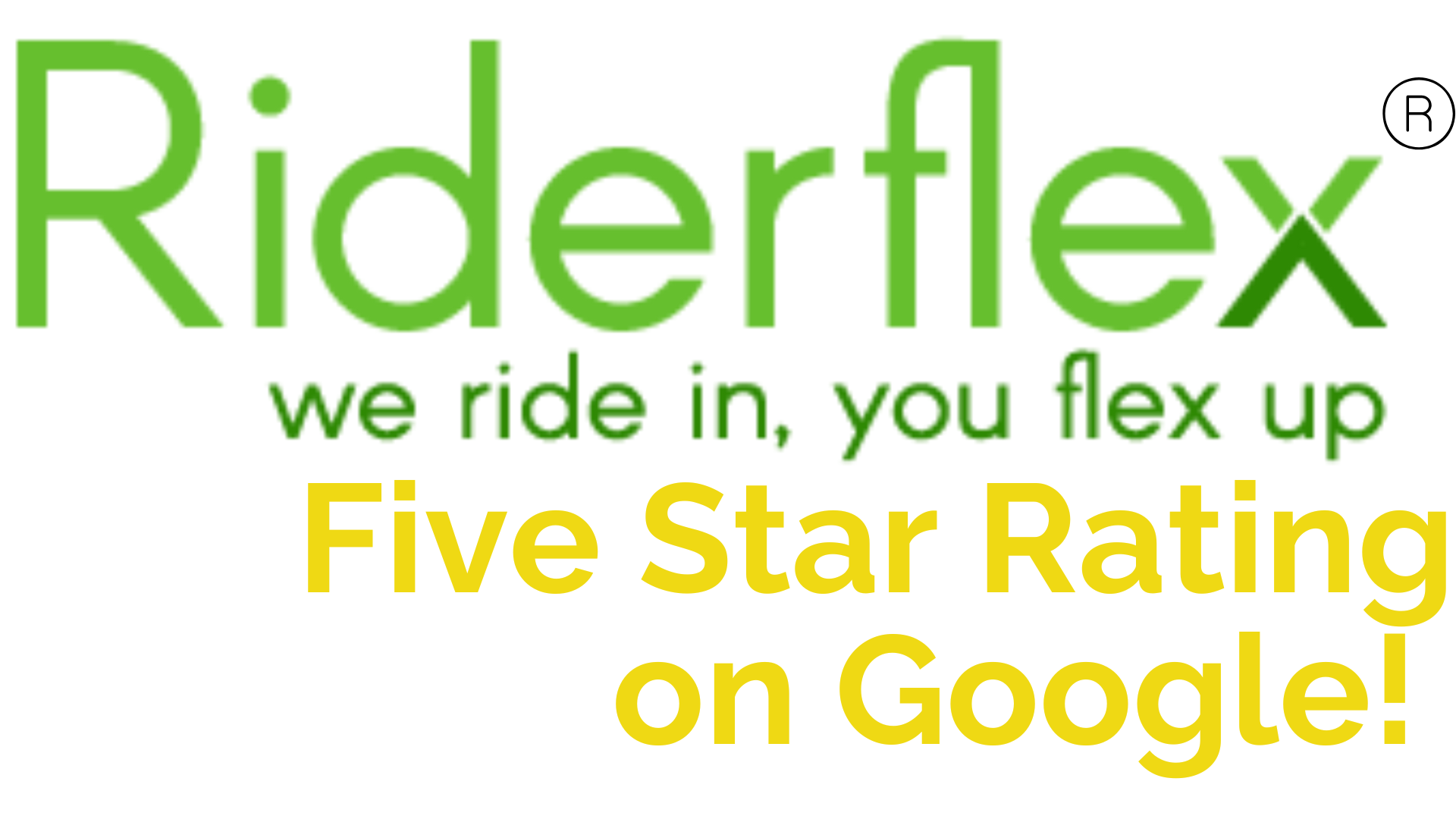Don’t let a common recruiting mistake prevent you from hiring the right executive.
Any position is going to be difficult and expensive to fill in today's job market. And, unfortunately, it’s all too easy to make common mistakes throughout the process that can undermine your efforts.
10 Common Recruiting Mistakes:
Mistake #1. Failing to create an adequate job description.
It’s imperative that you find the right candidate for the job. In order to do that, you first have to be able to adequately describe what you’re looking for. That’s where your job description comes in.
The job description should include everything from the day to day of the position to the qualifications and experience you’re looking for.
Mistake #2. Relying too much on the resume.
A candidate’s resume is a great place to learn about their education, experience, and past work history. While this information is valuable, it doesn’t paint the whole picture of the candidate. Many recruiters and hiring managers seem to think it does.
The truth is that there’s so much more to a candidate that impacts what kind of employee they’ll be than just where they’ve worked and how long.
While you can include resumes in the recruiting process, you shouldn’t base any decisions about whether to move forward with a candidate or not based on their resume alone.
Mistake #3. Failing to be competitive.
When you’re the one reaching out to your candidates to convince them to join your team, it shifts the scales. It’s no longer about a candidate convincing you to give them a shot; it’s about selling your organization and the position to the candidate, which means that you need to be competitive.
Mistake #4. Putting too much stock in qualifications.
When you’re looking at the whole picture of a candidate — including what kind of impact they may have on your organization — it’s important to weigh things appropriately. While things like education, experience, and skills should all be considered, there’s a lot more to a candidate than just their qualifications.
Think of the qualifications for the position as more of a wish list than a requirement list. At the end of the day, you want a candidate that has the right impact on your organization. And, unfortunately, impact isn’t the kind of thing that can be measured by whether or not a candidate meets the qualifications.
Mistake #5. Making a poor first impression.
When you’re recruiting a candidate, you’re selling them on your organization. The right candidates for these positions are generally in high demand, and you want to give them a reason to choose you. Making the wrong first impression sends the wrong message and could ruin your chances of hiring the right candidate.
Making a great first impression starts with having a solid online reputation. When a candidate looks at your organization online, what do they find? What do your employees say about your organization in reviews? What do your clients say?
Mistake #6. Putting too much stock in experience.
It’s easy to think that the most experienced candidates will automatically be the best candidates. However, experience can only tell you about a candidate’s past, and it’s a poor indicator of future performance.
The effects of experience are kind of a mixed bag. For example, a CEO who has done things one way for 25 years is going to have a harder time changing course when necessary compared to someone who’s new to the position. Then again, a successful CEO with 25 years of experience has probably had to be nimble in their career and has experience changing with the times.
Mistake #7. Not knowing what you’re looking for.
A lot of organizations go into candidate searches like first-time homebuyers go into looking for a home; many are under the false impression that they’ll know the perfect house/candidate when they see them. But, the truth is that, if you don’t know exactly what you’re looking for in a candidate, you’re wasting everyone’s time.
When figuring out what you’re looking for in a candidate, think more in the terms of how you hope a candidate will impact your organization than how much experience or education they have.
Mistake #8. Holding out for “the one.”
While it’s important to know what you’re looking for in a candidate, it’s also important to not to get so focused on finding “the one.”
The truth is that the right candidate may or may not line up with the person you’re imagining in your head. If you’re fixated on finding “the one,” it will be all too easy to overlook someone who might be even better than who you’re imagining.
Mistake #9. Failing to consider culture fit.
Culture is what helps to define organizations these days. It gives employees pride in their jobs and a reason to stay. Your organization’s culture is a critical part of who you are. Don’t compromise it for anyone, not even a candidate with the perfect resume.
Culture fit is one of the most important things to consider when hiring for any position within your organization. Look for a candidate who not only has proficient enough skills to manage their responsibilities but also a candidate who will be a meaningful addition to your existing culture.
Mistake #10. Weighing past references too heavily.
A candidate’s references are useful for helping you learn about a bit about how a candidate has impacted previous organizations — and you should absolutely follow up on them — that’s about all they’re useful for.
When you contact a reference, you’re not necessarily getting the entire picture of the candidate’s impact; you’re getting the opinion of one individual. Opinions, too, can vary greatly based on personal preferences and experiences.
Recruiting for any position can be a challenge. But, the good news is that it’s not a challenge you have to face alone. Turn to Riderflex, Colorado’s go-to executive recruiter, to learn about how we can help.

